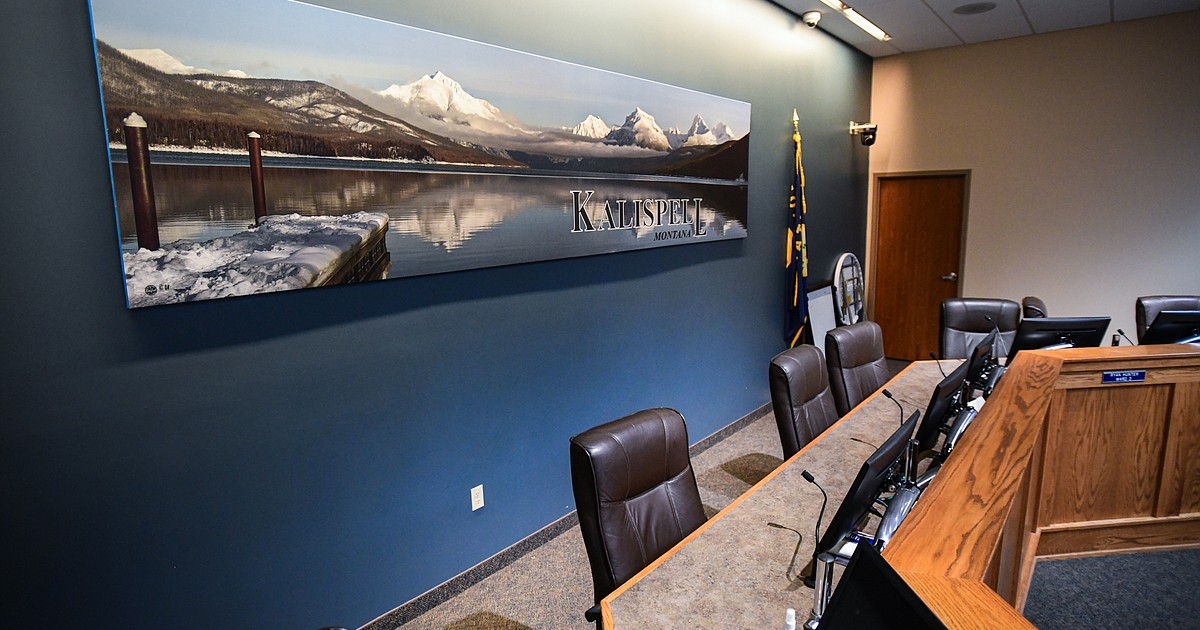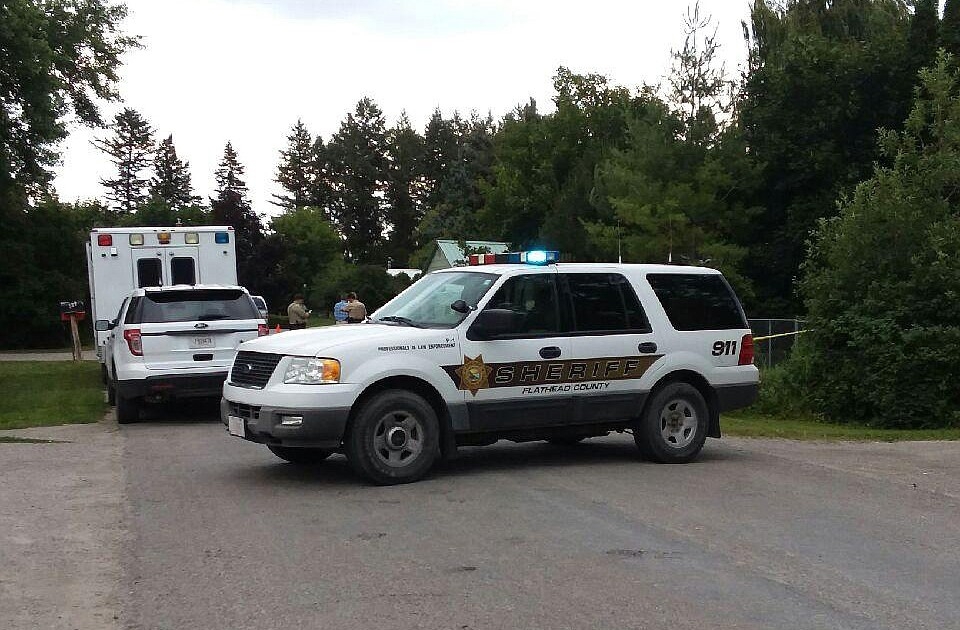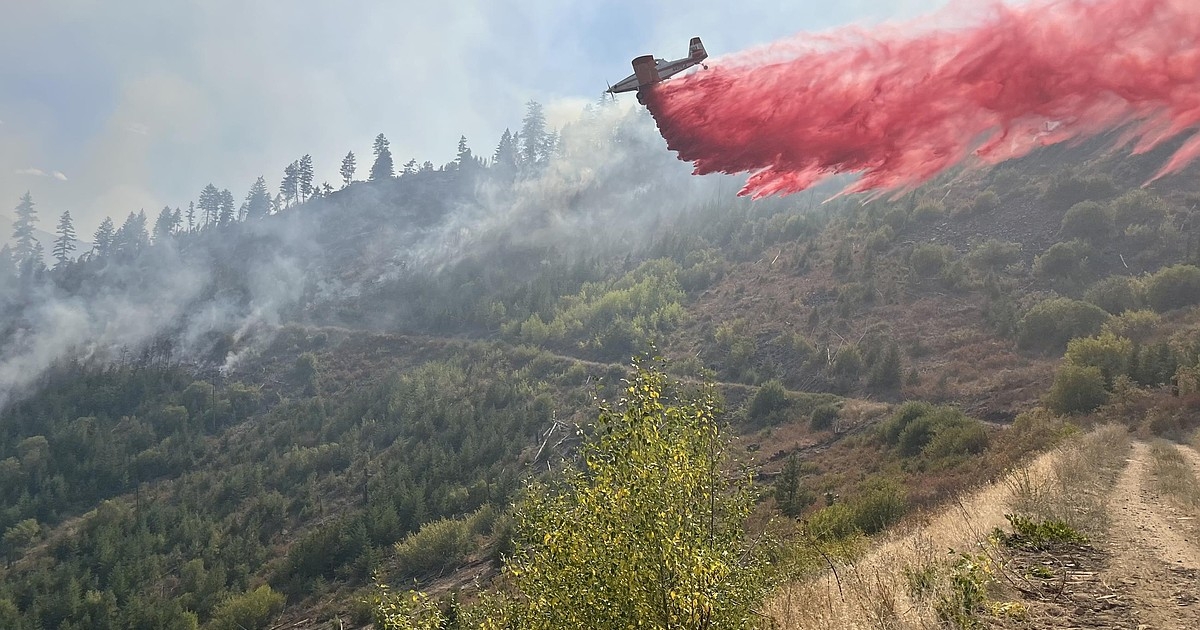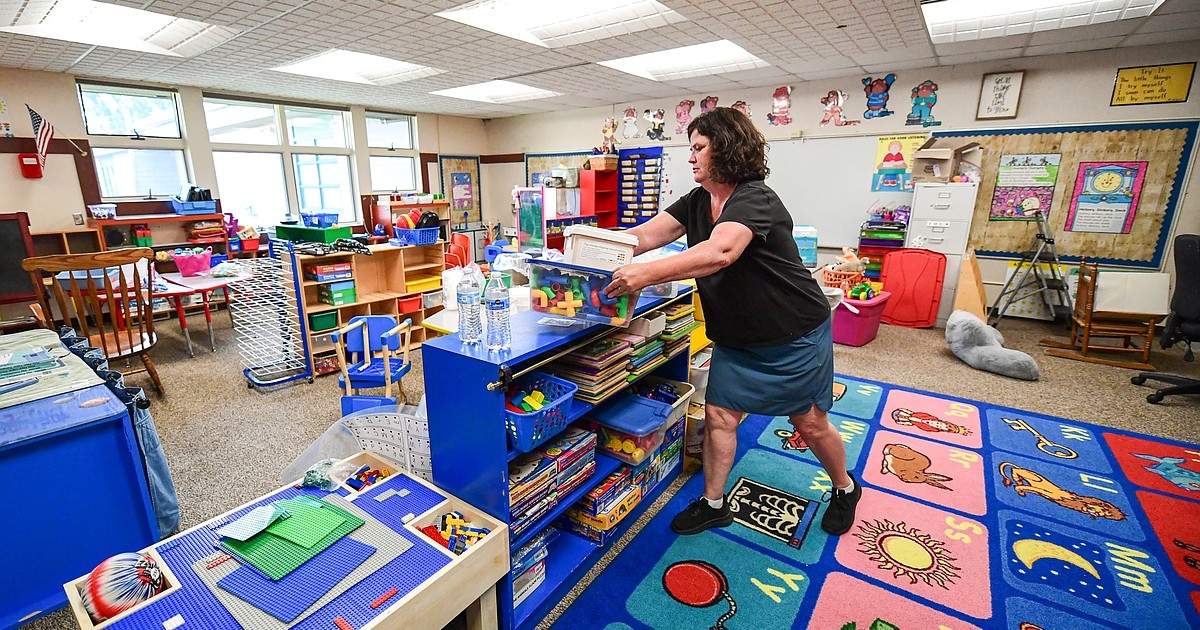Description
Kalispell City Council approved a $179.9 million budget for fiscal year 2026 on Monday.
The figure is slightly lower than fiscal year 2025’s $180.7 million spending plan and $2.3 million less than the preliminary 2026 budget approved in June.
“We’re not seeing a budget bloated with different things coming in that don’t belong in city government,” said Mayor Mark Johnson on Aug. 18. “We’re not adding services; we’re not adding departments; we’re not adding programs.”
The city’s $17 million general fund, which comes mostly from property taxes, increased by $186,334 from the preliminary budget. The change is primarily due to funds needed for the turnover in the city manager position following Doug Russell’s Aug. 20 departure.
Officials allocated $122,000 for the city manager’s accrued leave payout and $35,000 to cover the recruitment of a replacement. Development Services Director Jarod Nygren was selected as interim city manager while the month-long selection process begins.
Councilors on Monday night bid Russell farewell, thanking him for his 13 years overseeing the city’s day-to-day operations and for helping them navigate state and local policy.
“I probably had the best city manager any mayor could have,” said Johnson, who was first elected in 2013. “It’s been an honor serving as mayor with you as the city manager, and I just want to wish you the best of luck.”
General fund expenditures for fiscal year 2025 came to more than $1 million under budget, while revenues exceeded projections by more than $350,000, according to a city memo. The savings were mainly due to vacancies in the Kalispell Police Department.
But three officers were confirmed by Council on Monday night, making the department fully staffed for the first time in many years, said Chief Jordan Venezio.
Outside of the general fund, the sewer fund saw a $2.3 million increase from the preliminary draft due to updated construction costs for the city’s biosolid’s treatment and disposal project.
THE TOTAL mill levy approved for fiscal year 2026 amounted to 165.44 mills, which includes a general fund levy of 143.69 mills to support general city operations. One mill was being shelved from the general fund levy to be available for future years. The figure also includes a health insurance permissive levy of 21.75 mills.
The mill value decreased from $76,000 last year to just over $71,000 this year. Because of the significant decrease, the city is levying more mills in fiscal year 2026 than in the past, Russell said. Last year the city only levied 139.26 mills.
The general fund levy is expected to generate around $11.8 million in tax revenue for the city. Russell said it is impossible to tell how each homeowners’ tax bills will look yet due to the recent property tax shift targeting second-homes, large businesses and high-value residences.
Because the majority of Kalispell consists of class 4 residential properties that are expected to see lower rates, Russell expects businesses to be hit with the brunt of tax increases.
TO ABIDE by another change in state law, Council reluctantly shifted its public safety mill levy to a dollar-based levy. This means the city in future years will get the amount of property taxes assessed in fiscal year 2025 — $4,48 million — plus the rate of inflation up to 4% as determined by the state.
The levy is intended to bolster Kalispell’s emergency services, including bulking up the police force, buying new emergency vehicles and building a third fire station on the west side of town.
Council also had the option to fix the mill rate at the fiscal 2026 level and levy that number of mills in future years, but Russell warned that the state was going to significantly decrease the mill value, further stunting growth.
Several councilors likened it to choosing the lesser of two evils. The vote drew the ire of councilors frustrated at abandoning the mill levy system.
“The emergency responder levy was well thought out, very well worded. Everybody understood what was going on and now we’re changing that after the fact, after they already voted and passed it,” said Councilor Sid Daoud.
Council added an amendment to the resolution naming the governor and local legislative representatives "who signed it into law forcing us to do this garbage because they don't know how to do their damn jobs,” Johnson said.
Johnson called the state Legislature “a faceless beast that roams around us in this valley and goes and causes damage ... every two years.”
COUNCIL ALSO removed a 5% administrative charge on water, stormwater, sewer, police and fire impact fees to comply with Senate Bill 133, which passed during the latest legislative session.
Council in July decided against raising police and fire impact fees, keeping rates the same as when they were last adjusted in 2015 and significantly lower than the maximum allowed. Daoud expressed his disagreement with the new state law, saying the financial loss will have to be recouped from taxpayers.
“Once again, it is the bloated government and the Greg Gianforte administration wanting to make Montana’s state-level government bigger, telling every municipality what they can and can’t do, taking the power out of the elected officials closest to the people and giving it to King Greg," said Mark Johnson, who voted no on the resolution.
Reporter Jack Underhill can be reached at 758-4407 or [email protected].
News Source : https://dailyinterlake.com/news/2025/aug/22/council-approves-180-million-budget-while-slamming-state-tax-law-changes/
Other Related News
08/25/2025
A Flathead County Sheriffs Office deputy spoke with Jeffery Scott Serio just before he al...
08/25/2025
More than 250 firefighters alongside a fleet of apparatus continued to attack a wildfire ...
08/25/2025
A federal district court approved a settlement dictating that Montana students with indiv...
08/25/2025
Growing up every time her family went camping Lauren Bergman would wander into the woods ...
08/25/2025












